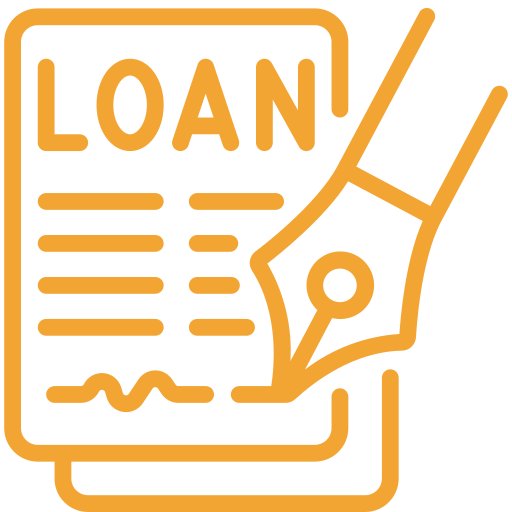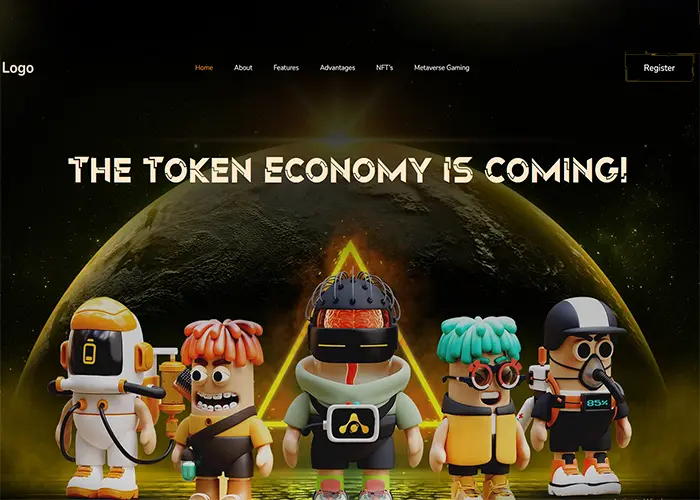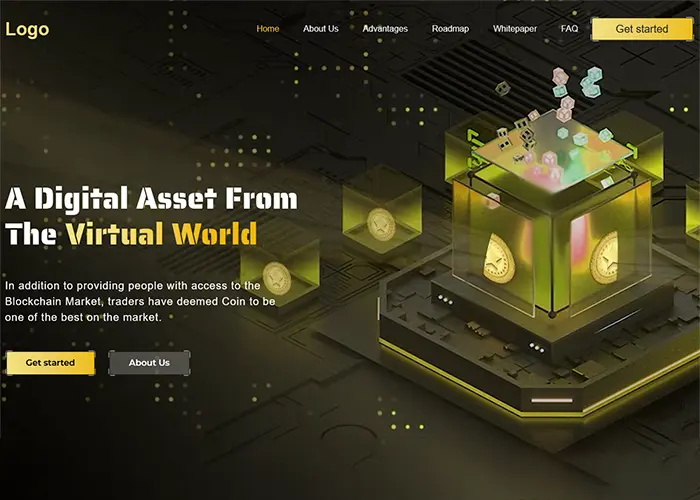Token Case study

Introduction
It is a decentralized and user-generated metaverse platform that enables users to create, explore, and interact with virtual worlds, digital assets, and other users. By implementing a robust token economy and integrating NFTs, has managed to create a thriving ecosystem that encourages user participation, fosters creativity, and promotes economic growth.
A token economy is a system of behavioral reinforcement in which tokens are used as a medium of exchange. Key features of a token economy include:

Ownership Stake
An ownership stake in is represented by the Token.

Safe and Fair
It is safe and fair to use Token.

Not sold for the same price
Non-fungible tokens cannot be sold for the same price as fungible tokens.

Loans
It is possible to use Tokens as collateral for loans.

Retain value
Despite being split into tiny fractions, Tokens retain their value.
Key Features
The token economy is built on the following features:
- a. Native cryptocurrency: It has its own native token, MVP, which is used for transactions, rewards, and governance within the platform.
- b. Digital assets and NFTs:Users can create, buy, sell, and trade unique digital assets, including virtual items, collectibles, and virtual land, all represented as NFTs.
- c. Decentralized marketplace:A peer-to-peer marketplace allows users to trade digital assets without intermediaries.
- d. User incentives:The platform rewards users for their contributions and achievements, encouraging active participation and user retention.
- e. Governance:MVP token holders can participate in the decision-making process and influence the platform's future development.
Benefits
The token economy offers several benefits:
- a. Enhanced user engagement: The token economy incentivizes users to actively participate in the platform, creating a dynamic and engaging experience.
- b. Economic growth:The token economy stimulates the in-platform economy, promoting the creation and exchange of valuable digital assets.
- c. Empowerment:Users have a say in the platform's development through the governance system, fostering a sense of ownership and community.
- d. Interoperability:NFTs can be used across various platforms, increasing their utility and value.
- e. Trust and security:The blockchain-based system ensures transparency, security, and verifiability of all transactions.
use cases
The token economy have several use cases:
- a. Virtual assets: Users can own, trade, and display unique digital items, such as avatars, virtual clothing, and accessories.
- b. Virtual land and property: Users can purchase, develop, and monetize virtual real estate within the metaverse.
- c. Digital art:Artists can tokenize their creations and earn royalties on future sales.
- d. In-platform events:Exclusive NFTs can be offered as rewards for attending or participating in virtual events.
Challenges and Solution
Adoption and Awareness

Problem
One of the initial challenges faced by the token economy is gaining widespread adoption and raising awareness among potential users.
Solution
1. Marketing campaigns
2. Partnerships
3. Education
Scalability and Performance
Problem
As the token economy grows, ensuring the platform can accommodate increased user activity and transaction volumes becomes critical.
Solution
1. Infrastructure upgrades
2. layer 2 scaling solutions
3. Load balancing

Outcomes
- a. Increased user engagement: By incentivizing user participation through rewards and unique experiences, the token economy has successfully enhanced user engagement, leading to a more dynamic and interactive platform.
- b. Thriving in-platform economy: The token economy has promoted the creation and exchange of valuable digital assets, stimulating economic growth within the platform and attracting a diverse range of users.
- c. Empowered community: The governance model allows MVP token holders to influence the platform's development, fostering a sense of ownership, community, and collaboration among users.
- d. Interoperable digital assets: The integration of NFTs has increased the utility and value of digital assets, enabling users to utilize them across various platforms and marketplaces.
- e. Enhanced trust and security: The blockchain-based system ensures transparency, security, and verifiability of transactions, enhancing trust among users and the wider metaverse community.
Future Prospects
- a. Expansion and growth: The platform's success is expected to attract more users, developers, and investors, driving further growth and expansion of the ecosystem.
- b. Technological advancements: The continuous improvement and optimization of the platform's underlying technology will enable the token economy to accommodate increased user activity and transaction volumes.
- c. Regulatory adaptability: As the regulatory landscape evolves, will need to adapt and comply with new requirements, ensuring the platform remains a trusted and compliant environment.
- d. New applications and use cases: As the platform continues to innovate, new applications and use cases for NFTs and token economies will emerge, further enhancing the user experience and expanding the platform's offerings.
- e. Global impact: The success of the token economy may inspire other metaverse projects to adopt token economies and NFTs, contributing to the growth and innovation of the broader metaverse industry.
Conclusion
The token economy has achieved impressive results in terms of user engagement, economic growth, and community empowerment. By continuously adapting to new challenges, embracing technological advancements, and exploring innovative applications, the token economy is well-positioned to maintain its leadership in the metaverse ecosystem and shape the future of virtual worlds.









